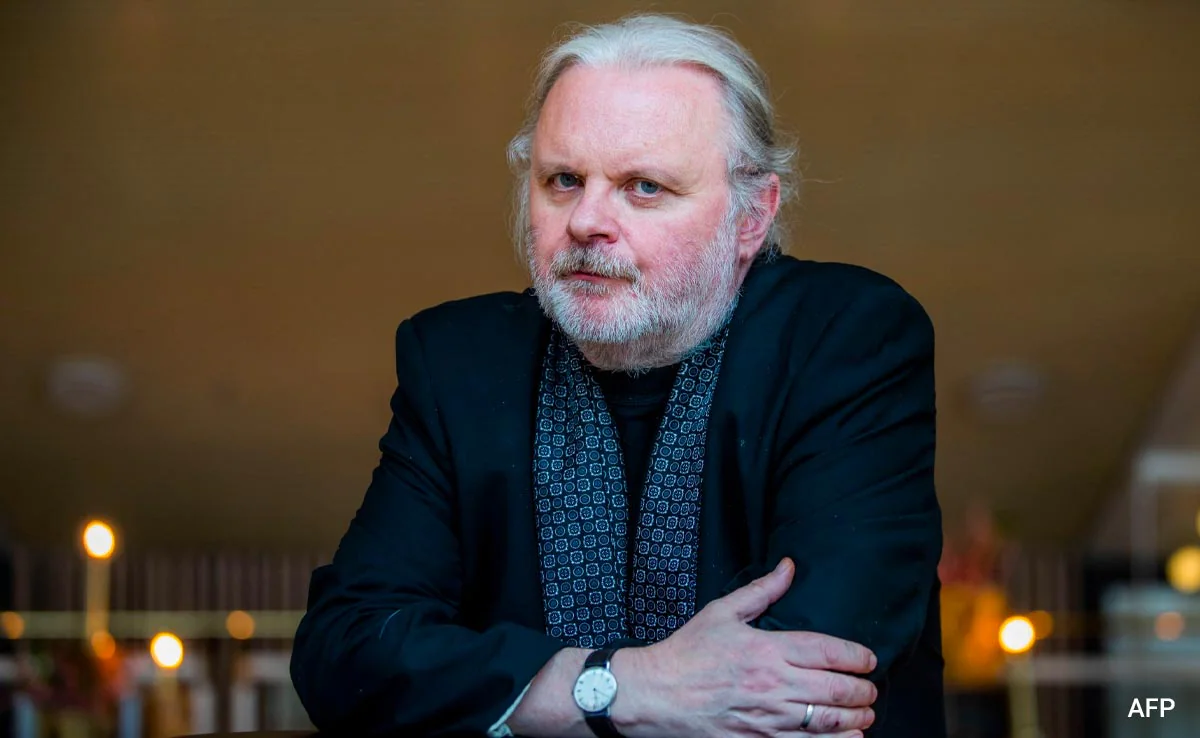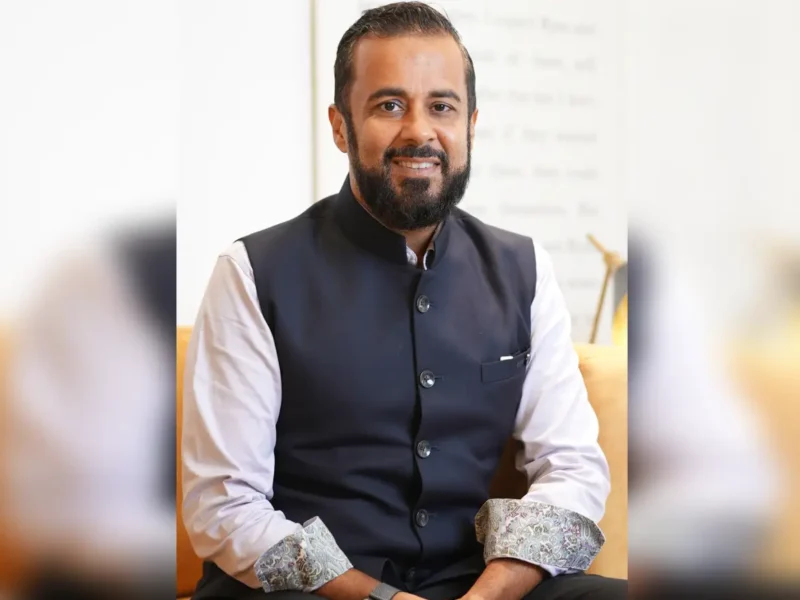
Norwegian Jon Fosse Wins Nobel For Literature
STOCKHOLM (IANS) – The Swedish Academy on October 5 announced Norwegian novelist and playwright Jon Fosse, whose stark and gritty works offer an unforgettable portrayal of the ambiguities, vicissitudes and disquietude of the human condition, as the recipient of the Nobel Prize for Literature for 2023.
Fosse, 64, was awarded “for his innovative plays and prose which give voice to the unsayable”.
Born in 1959 in western coastal Norway, Fosse, whose work in the Nynorsk variant of Norwegian spans plays, novels, poetry, essays, children’s books and translations, is one of the most widely performed playwrights – having an enthusiastic reception in Tehran.
His prose work, which began with the debut novel “Raudt, svart” (Red, Black) in 1983, is no less famous.
He came to notice with the 1999 Paris performance of his play “Nokon kjem til a komme” (1996; “Someone Is Going to Come”, English 2002) which showcases, in simplest terms possible, the significant human emotions of anxiety and powerlessness, and loss of orientation.
However, his sentiment is negative like forebears like, say, Samuel Beckett, Thomas Bernhard and Georg Trakl. While Fosse shares the negative outlook of his predecessors, he is not solely nihilistic as more salubrious sentiments and humour can also be discerned in his works.
His second novel “Stengd gitar” (1985, Closed Guitar) presents a searing examination, in his characteristic minimalist style, of human irresolution. through the medium of a young woman locked outside her house with her baby inside.
On the other hand, his play “Natta syng sine songar” (1998; “Nightsongs”, 2002) shows the long drawn-out yet undecided dilemma of a woman considering a new relationship after abandoning her present – with her lack of decision leading to consequences for all three.
The tragic “Dodsvariasjonar” (2002; Death Variations, 2004) is a one-act play about a girl who commits suicide, told backwards from the time of her death, and in short accounts by six nameless characters from different generations, both alive and dead.
A key prose work of his is the Biblically-tinged saga “Trilogien” (Trilogy, 2016), consisting of “Andvake” (2007), “Olavs Draumar” (2012) and “Kveldsvaevd (2014), where more discernible emotions like love and violence figure, set in the barren coastal landscape where almost all of his fictional works are set.
Another key work is the novel “Det er Ales” (2004, “Aliss at the Fire”, 2010), 200 questions on the unresolved shadowy borderland between life and death are discussed in some six-dozen pages.
His most notable prose is “Septology” completed in 2021.
Comprising “Det andre namnet – Septologien I-II” (2019, “The Other Name: Septology I-II”, 2019), “Eg er ein annan – Septologien III-V” (2020, “I Is Another: Septology III-V”, 2020), and “Eit nytt namn – Septologien VI-VII” (2021, “A New Name: Septology VI-VII”, 2021), the work, extending over 1,200 pages, is a long, unbroken, and seemingly endless monologue in which an elderly artist, over the course of seven days, speaks to himself as another person.
Among the consultants to the translation of the Bible into Norwegian in 2011, Fosse’s long list of translations into Nynorsk includes Georg Trakl’s “Sebastian i draum” (2019) and Rainer Maria Rilke’s “Duino-elegiar” (2022).




